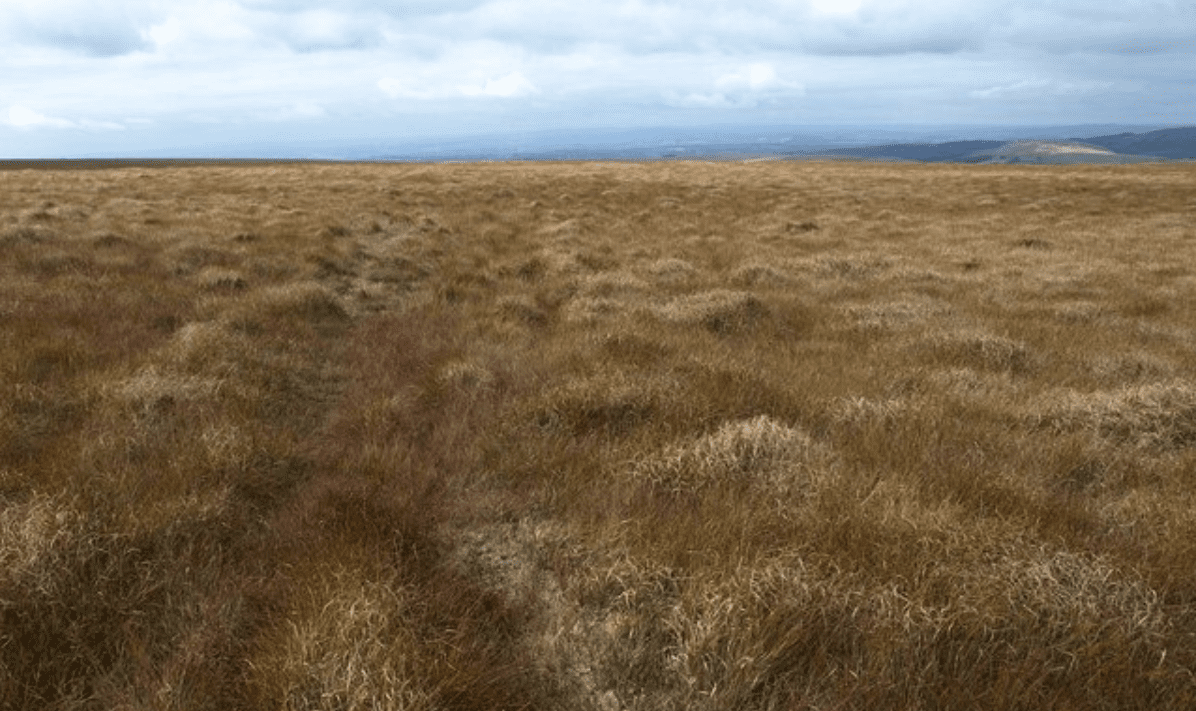The president of the Irish Natura and Hill Farmers’ Association (INHFA), Vincent Roddy has written to all Irish MEPs proposing an amendment to the Nature Restoration Law.
The EU Nature Restoration Law is expected to cross the finish line next month. While the current text states that rewetting will be “voluntary” for farmers, concerns in the sector remain.
The text drafted by the INHFA aims to “safeguard” current and future Common Agricultural Policy (CAP) payments, according to the organisation’s president.
Roddy claimed that the proposed law in its current form is a “direct threat” to CAP payments. He added that other farm organisations “have indicated support” for the amendment.
The proposed amendment is as follows:
“The obligation for member states (MS) to achieve the restoration target in the Nature Restoration Law (NRL) shall not imply an obligation for farmers to restore, re-establish or rewet their agricultural land.
“Nor does it imply that these agricultural lands are not in good condition and shall be eligible to continue to be supported under current and future CAP programmes.
“Engagement with the NRL shall be on a voluntary basis above and beyond CAP interventions,” according to the letter.
‘Threat’ to CAP payments
The INHFA president further states in the letter to MEPs that Article 9 (4) of the current text “implies by definition that all drained agricultural peat soils are needing restoration”.
This means, he claimed, that “on the day the law comes into force, the legal status of this land will change to being officially not in good environmental condition”.
This is a “major threat” to securing CAP payments as eligibility for these payments is subject to these lands being in Good Agricultural and Environmental Condition (GAEC), he said.
“The amendment we have outlined clearly specifies that engagement with the law is on a voluntary basis,” the INHFA president said.
Nature Restoration Law
A deal between the European Parliament and the EU Council was reached on the controversial law last November. However, the full European Parliament still has to vote.
The vote is expected to be scheduled for the Plenary session in Strasbourg between February 26-29, 2024. It is also expected that the EU Council will adopt the agreed text soon after.
The provisional political agreement reached between the two institutions in November, which will be voted on by the Plenary, includes the following targets for agricultural land.

“Member states shall put in place measures which shall aim to restore organic soils in agricultural use constituting drained peatlands.
Those measures shall be in place on at least:
- 30 % of such areas by 2030, of which at least a quarter shall be rewetted;
- 40 % of such areas by 2040, of which at least a third shall be rewetted;
- 50 % of such areas by 2050, of which at least a third shall be rewetted.”
The current text of the Nature Restoration Law defines rewetting peatland as “the process of changing a drained peat soil towards a wet soil”.
The text states that the obligation for member states to achieve these rewetting targets “does not imply an obligation for farmers and private landowners to rewet their land”.
The text states that the preparation of the national restoration plans, and the implementation of this regulation should not imply an obligation for member states to re-programme any CAP funding.
